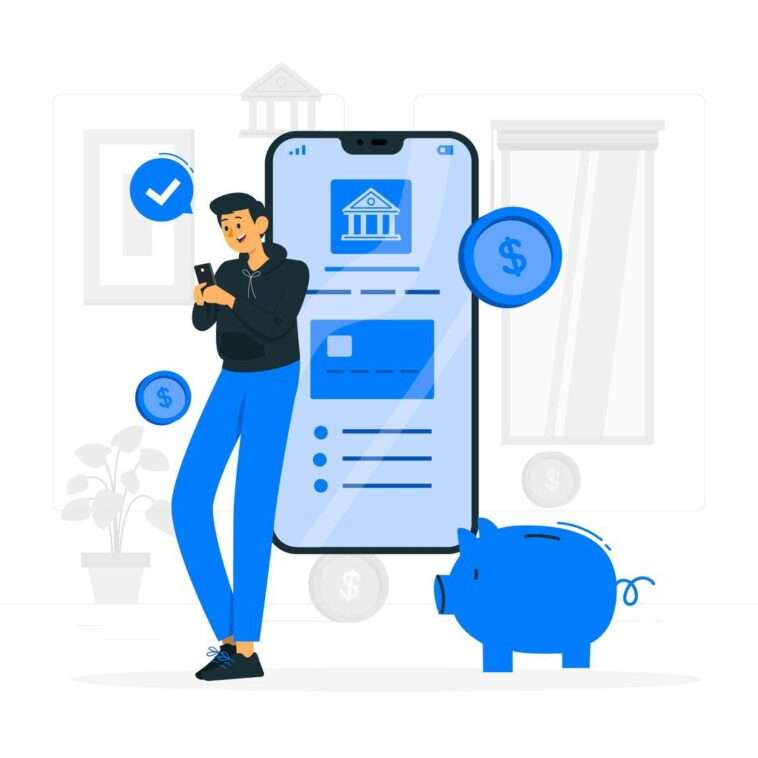With the more dangerous techniques being discovered everyday, securing your finances is now more important than ever.
Whether due to theft, loss, or suspicious activity, knowing how to block a bank account in Nigeria can save you from potential financial ruin.
Here’s a step-by-step guide to help you navigate this process efficiently.
Reasons to Block a Bank Account
Before diving into the steps, it’s essential to understand why you might need to block your bank account. Common reasons include:
- Loss or Theft: If your ATM card or checkbook is lost or stolen.
- Unauthorized Transactions: Detecting unfamiliar transactions in your account.
- Fraud or Scams: Falling victim to a scam where your account details are compromised.
Immediate Steps to Take
Contact Your Bank Immediately
The first and most crucial step is to contact your bank’s customer service. Most banks have a 24/7 helpline dedicated to emergencies like this. Provide them with your account details and explain the situation clearly. They will guide you through the immediate steps to secure your account.
Online Banking Platforms
If you have access to online banking, most Nigerian banks offer options to temporarily block your account through their websites or mobile apps. Log in and look for options related to account security or card management. Follow the prompts to block your account.
Required Documentation
Once you’ve taken immediate action, you’ll likely need to visit your local bank branch to complete the process. Bring the following documents:
- Valid Identification: A government-issued ID, such as a passport or driver’s license.
- Account Details: Your account number and any relevant bank documents.
- Incident Report: If applicable, a police report or any documentation supporting your claim.
The In-Branch Process
Fill Out Necessary Forms
At the bank, you will be asked to fill out forms to officially request the account block. The forms will ask for details about your account and the reason for the block. Be as detailed as possible to ensure a smooth process.
Verification and Confirmation
The bank will verify your identity and the information you provided. Once confirmed, they will block your account and issue you a confirmation. Make sure to keep a copy of this for your records.
After Blocking Your Account

Monitor Your Account
Even after blocking your account, continue to monitor it for any suspicious activity. Report any discrepancies to your bank immediately.
Unblocking the Account
To unblock your account, you will need to visit the bank with your ID and any required documentation. The process generally involves filling out another set of forms and may take a few days for the account to be fully operational again.
Conclusion
Blocking a bank account in Nigeria is a critical step in protecting your finances from unauthorized access. By acting swiftly and following these steps, you can ensure that your funds remain secure. Always stay vigilant and regularly monitor your account to prevent future incidents.
For more advice on managing your finances, feel free to explore our other articles or contact us directly with your questions.

